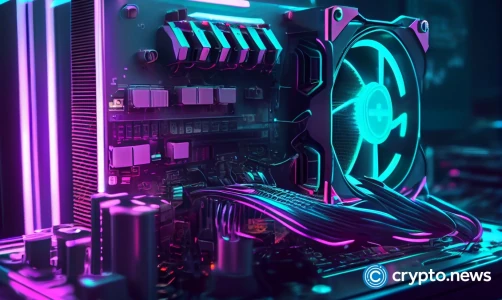
Unraveling the Energy Demands: AI's Surging Power Consumption Set to Eclipse Bitcoin by Year's End
Research reveals that AI could consume nearly half of data center electricity by the end of 2025—making Bitcoin's environmental critics look the other way.[...]
Elon Musk's AI Venture Raises Concerns About Energy Consumption
While cryptocurrency mining once faced intense criticism for its environmental impact, artificial intelligence (AI) has largely avoided similar scrutiny—until now. A new peer-reviewed study published in Joule reveals AI could consume up to 49% of global data center electricity by 2025, surpassing even Bitcoin's notorious energy demands.
AI's Growing Power Appetite
The research, led by Alex de Vries-Gao, a PhD candidate at Vrije Universiteit Amsterdam, projects AI's power demand could reach 23 gigawatts by early 2026—equivalent to roughly 201 terawatt-hours annually. This exceeds Bitcoin's current estimated annual consumption of 176 TWh.
Unlike Bitcoin, where energy use can be calculated from network hash rates, AI's power consumption remains opaque. Tech giants like Google and Microsoft acknowledge rising electricity use in sustainability reports, attributing it to AI expansion, but provide few specifics.
Following the Semiconductor Trail
To overcome this data gap, de Vries-Gao analyzed Taiwan Semiconductor Manufacturing Company's (TSMC) chip packaging capacity—a critical component for advanced AI processors. His findings show Nvidia alone consumed 44-48% of TSMC's CoWoS capacity in 2023-2024, with AMD claiming another significant share.
With companies like OpenAI planning massive projects like the $500 billion Stargate data center, AI's energy demands show no signs of slowing. As governments race to regulate AI development, the environmental impact of this rapidly expanding technology may require greater attention.
Most Viewed News








